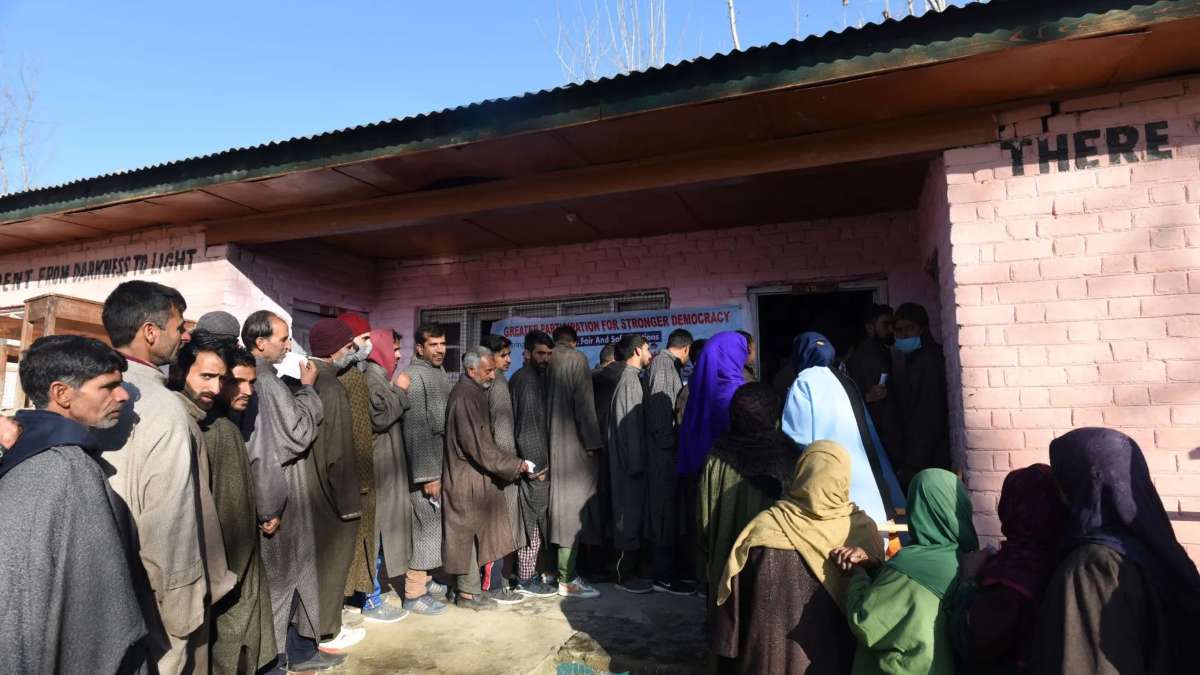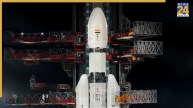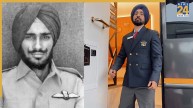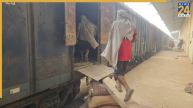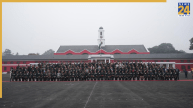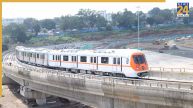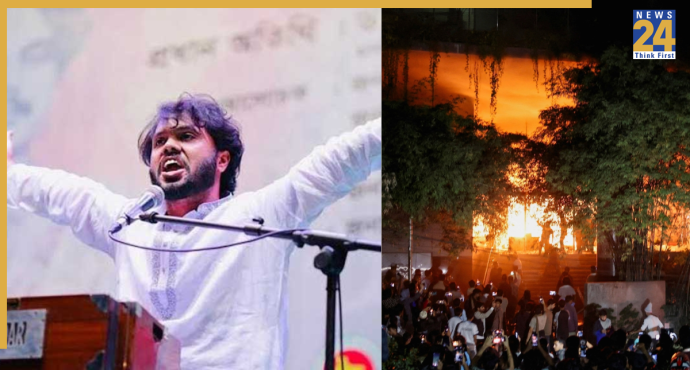Over 25.78 lakh voters will cast their votes across 26 assembly constituencies – 11 in Jammu and 15 in Kashmir – on Wednesday, September 25. This phase will encompass 26 assembly seats across six districts, featuring notable candidates such as former Chief Minister Omar Abdullah and Jammu and Kashmir BJP President Ravinder Raina as prominent competitors.
Key Candidates:
Notably, the second phase of elections will decide the fate of former Chief Minister of Jammu and Kashmir and NC leader Omar Abdullah, from both Budgam and Ganderbal seats. Other prominent candidates in the fray include Jammu and Kashmir BJP chief Ravinder Raina from Nowshera assembly seat and Jammu and Kashmir Pradesh Congress Committee president Tariq Hamid Karra from Central-Shalteng seat. Sarjan Ahmad Wagay, alias Sarjan Barkati is contesting from Beerwah and Ganderbal assembly. Meanwhile, Congress state President Tariq Hameed Karra is contesting from central Shalateng seat.
Key Constituencies:
The seats on which elections will be conducted are Kangan (ST), Ganderbal, Hazratbal, Khanyar, Habbakadal, Lal Chowk, Channapora, Zadibal, Eidgah, Central Shalteng, Budgam, Beerwah, Khansahib, Chrar-i-Sharief, Chadoora and Gulabgarh (ST).
It will also be conducted on Reasi, Shri Mata Vaishno Devi, Kalakote – Sunderbani, Nowshera, Rajouri (ST), Budhal (ST), Thannamandi (ST), Surankote (ST), Poonch Haveli and Mendhar (ST).
In Srinagar district, which has eight Assembly segments, 93 candidates are competing. Budgam district, with five seats, has 46 candidates in the race, while Rajouri district also has five seats and 34 candidates. In Poonch district, 25 candidates are vying for three seats, Ganderbal district sees 21 candidates competing for two seats, and Reasi district has 20 candidates contesting for its three seats.
61.1% Polling In First Phase
About 61.13% per cent of the electorate in Jammu and Kashmir turned out to vote last week, giving a thumbs up to the union territory’s first assembly election since the abrogation of Article 370 in 2019 with round one going off without incident.
Chief Electoral Officer P K Pole said this is the highest voter turnout in the past seven Lok Sabha and assembly elections in Jammu and Kashmir.
Of the 90 seats, 24 voted in the first phase – 16 in the Kashmir Valley and eight in the Jammu region. Over 2.3 million voters were eligible to cast the ballot to determine the fate of 219 candidates, including 90 Independents.
At 9 am, two hours after polling began, the turnout was 11.11 per cent. At 1 pm, it was 26.72 per cent. At 3 pm, 50.65 per cent of the voters had turned up. And by 5 pm, the number had inched up to 58.19 per cent. After the polling ended at 6 pm, Chief Electoral Officer P K Pole said that tentatively the overall voter turnout was about 59 percent — the highest in the past seven Lok Sabha and assembly elections.
Tightened Security In J&K
As Jammu and Kashmir will undergo the second phase of assembly polls on September 25, the security has been tightened in the Rajouri district of the territory. As safety measures, security personnel have been deployed in the several areas and vehicles are being checked.
Also Read: Is J&K Changing As Development And Jobs Take Centrestage, No Takers For Article 370?
Rallies By Top Politicians In J&K
Earlier on Monday, Union Minister Jitendra Singh said that the BJP-led government has already promised to restore the statehood of Jammu and Kashmir, and Congress Leader of Opposition in the Lok Sabha, Rahul Gandhi, is only repeating what the BJP had promised long back.
Attacking Rahul Gandhi, Singh said that the former is repeating the same thing in order to take credit by saying that it happened because he had put pressure on the government.
Addressing a rally in Poonch on Monday, Rahul Gandhi said, “You don’t have a say in running your government. The orders are followed from Delhi. We wanted the statehood to return here before the elections, but we will definitely try that it does happen after the polls”.
The first phase of voting was completed in Jammu and Kashmir on September 18, with a voter turnout of 61.13 percent registered across 24 constituencies in seven districts, as per the Election Commission.
Voting for the third phase in J&K will be held on October 1. The counting for votes polled in both J&K and Haryana will be held on October 8.
Also Read: Married To Hemant, ‘Friend’ To Ashraf, Chopped Body Found In Fridge, Who Was Mahalakshmi?

